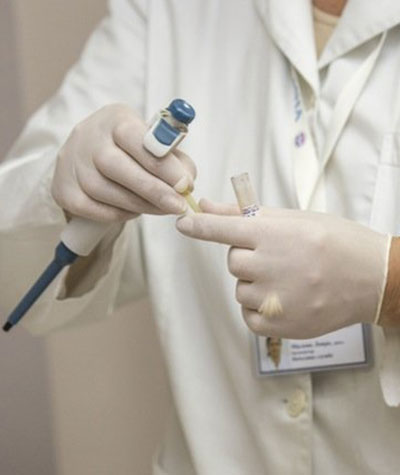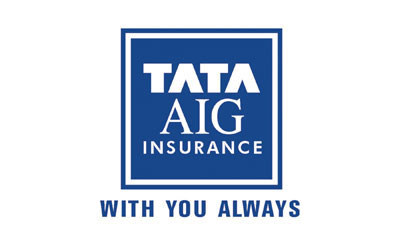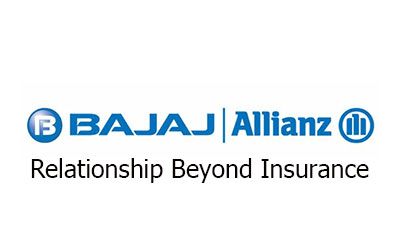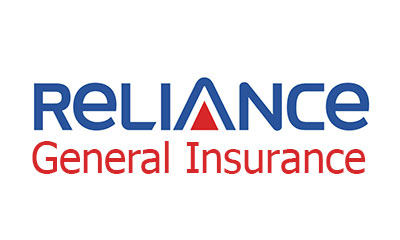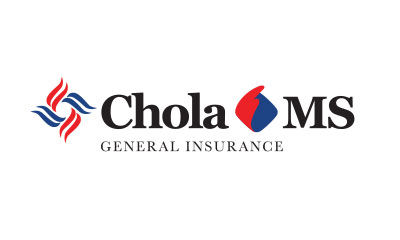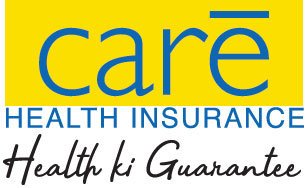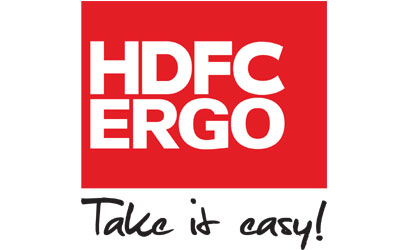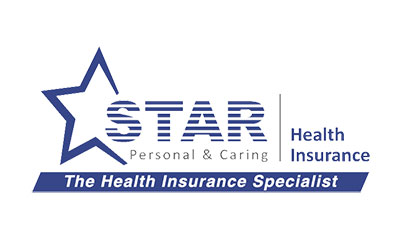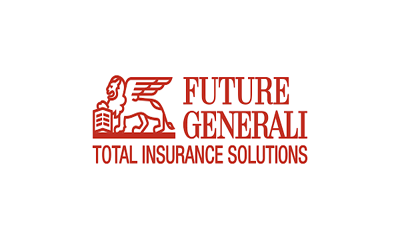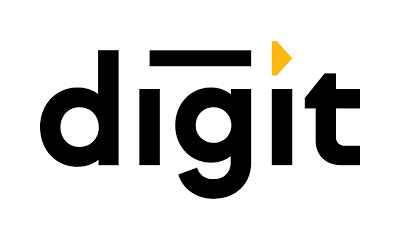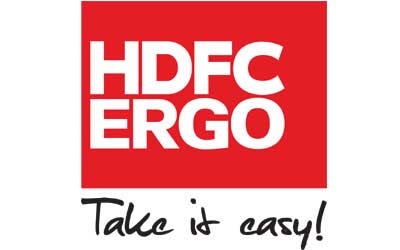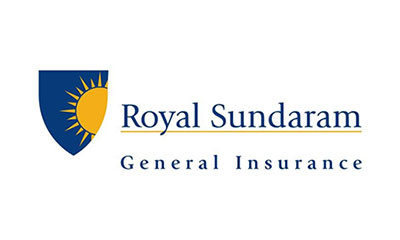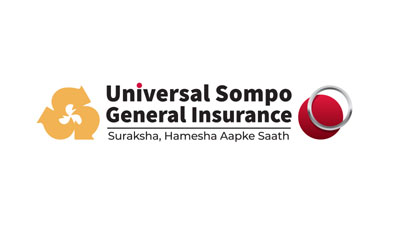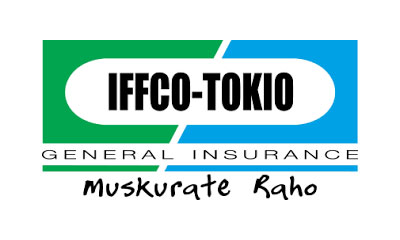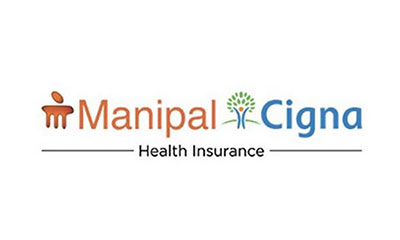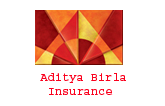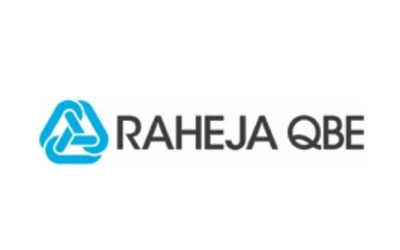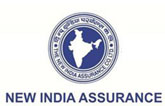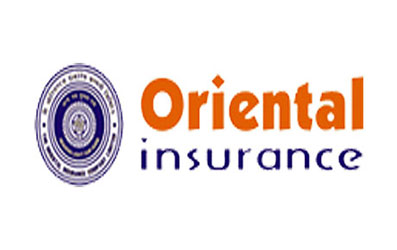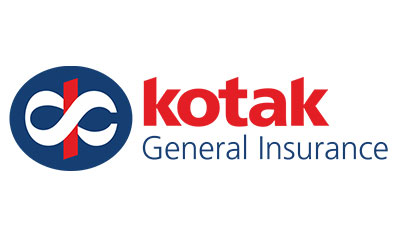Get answers to all your questions?
Yes, the insured is allowed to cancel their policy after the same is issued. For specifically this reason, all insurance policies have a free look period of 15 days during which time the insured can review the policy terms and conditions and continue the policy or cancel the same. If the insured is not happy with the policy T&C’s, they can cancel the same and they are eligible for a full refund of the premium paid. The insured is also allowed to cancel the policy after the free look period for a specific reason, and in this case the insurance company is supposed to refund the premium as per their declared cancellation policy, which normally allows them to retain stamp duty, expenses on medical check-up and proportionate risk premium for the number of days of risk and refund the balance. The insured should note that should be no claim during the period of insurance, else the insurance company will not refund any premium.
It is important to note that Exclusions under the Health Insurance plan may differ from insurer to insurer, hence kindly go through the list of exclusions in the health insurance kit along with the policy document. Some key exclusions include:
- Hazardous Activities
- External Congenital Anomaly
- Convalescence & Rehabilitation
- Cosmetic or Plastic Surgery
- Dental/Oral treatment
- Eyesight & Optical Services
- Experimental Treatment
- Hormone Replacement Therapy
- Obesity and Weight Control Programs
- Reproductive Medicine & other Maternity Expenses
- Robotic Assisted Surgery
- Sexually transmitted Infections & diseases
- Sleep Disorders
- Substance Related and Addictive Disorders
- Treatment at Non Recognized Physician or Hospital
- Generally Excluded Expenses.
Yes, some insurance companies have this concept of loyalty benefit under which they offer discount on renewal of policy from the same company. Please review the terms and conditions of the policy upfront though.
The Sum Insured chosen may be on an Individual basis or on a Family Floater basis for the family as a whole. In the policy where the individual sum insured is opted for, then each individual policy holder has a specific and separate sum insured and this is available only to that insured. However in a Family Floater policy, the entire Family has a umbrella sum insured available to all members of the family declared under the said policy.
Health Insurance policies may offer Cumulative Bonus wherein for every claim free year, the Sum Insured is increased by a certain percentage at the time of renewal subject to a maximum percentage (generally 50%). In case of a claim, CB will be reduced by 10% at the next renewal.
Almost all health insurance plans come with a deductible / co pay / sub limit, which means that there is a contribution of the insured towards a claim amount. Hence when an insured submits a claim for reimbursement from the insurance company, the insurer will deduct this applicable contribution and reimburse only the balance. Hence it is highly unlikely that a claim gets reimbursed 100%, based on the terms and conditions of the policy.
While availing a health insurance policy, the insured should ideally evaluate:
- Number of members and relations of the Family to be covered under the Health insurance plan
- Type of coverage – Individual, Family floater or Group policy
- Individual Sum Insured for each family member or Floater Sum Insured for the Entire family
- Network hospital List – Check for the list of network hospitals and their presence across India. Ideally this should cover the hospital the insured regularly visits
- Sub-limits or Co-pay applicable – this will determine the insured’s contribution at the time of a claim.
- Terms & Conditions including Waiting Periods, Pre Existing Illness Cover, Pre & Post Hospitalisation Cover etc
When the insure is hospitalized before the policy expiry date having intimated the insurance company/TPA about the hospitalisation, the insurance company will settle the benefit as per the plan, and its terms and conditions. Similarly, If the policy expires, post which the insured is hospitalized during the grace period, on intimation during the grace period about the hospitalization, the company will again provide coverage as per the plan, and its terms and conditions. However in the unlikely event of the insured failing to renew the policy on time, even after the grace period and then being hospitalised, the insured will not have coverage and the expenses incurred will not be reimbursed.
Domiciliary Hospitalization means medical treatment for illness/disease/injury which in the normal course would require care and treatment at a hospital but is actually taken while confined at home under any of the following circumstances:
- The condition of patient is such that he/she is not in a position to be removed to a hospital or
- the patient takes treatment at home on account of non availability of room in a hospital
Hospitalisation expenses broadly cover expenses incurred while the insured is admitted into a hospital for an illness/disease/treatment are as follows (though not limited to) :
- Room, Boarding Expenses as provided by the hospital
- Nursing Expenses
- Fees for Surgeon, Anaesthetist, Medical Practitioner, Consultants, Specialist
- Anaesthesia, Blood, Oxygen, Operation theatre Charges, Surgical Appliances, Medicines and Drugs, Diagnostic Materials and X-Ray, Dialysis, Chemotherapy, Radiotherapy, Cost of Pacemaker, artificial Limbs and similar expenses
While it is not mandatory, it is definitely preferable for the insured to be carry their Medical card while being admitted, even in an emergency situation. However if the circumstances are such that the insured/family member can’t submit the medical card, they can provide the policy number and have the hospital admission carried out. It will however be essential to provide a copy of the medical card at the earliest post admission to the hospital.
It is important to note that while cashless treatment is available at all network hospitals of the insurance company, there may be a rare circumstance where the policyholder can be denied a cashless treatment even in a network hospital. Such an incident may arise:
- if the information sent by the hospital is insufficient for the insurer to make a diagnosis and decide on treatment or
- if the ailment is not covered under the policy or
- if the request for pre-authorisation is not sent in time.
In such cases, the insured can always settle the bills with the hospital and seek a reimbursement from the insurance company.
In case of an Emergency Hospitalisation, it is sometimes likely that the insured may not be able to complete admission formalities for cashless treatment even at a network hospital. Hence in such cases, the insured may have to go for a cashless treatment and seek a reimbursement of the expenses from the insurance company. Here the process will be as follows:
- Insured gets admitted to the hospital due to a medical emergency
- TPA/Insurance Company need to be informed about the hospitalization at the earliest given opportunity – register a claim with them
- Post treatment and at the time of discharge, settle the hospital bills in full and collect all the bills, receipts, supporting documents and reports
- File a reimbursement claim with TPA/Insurance Company for processing and reimbursement by filling the claim form & enclosing all original bills/receipts/supporting documents and receipts
- Reimbursement process normally takes 14 days post submission of all documents
The insured has quite a few options to check the status of their claim. While the most traditional process of calling up a customer support centre of the insurance company is still the most preferred mode of following up on a claim, insured can also get directly in touch with the TPA over phone/sms/email for an update. They may also opt to check with the insurance company directly over phone/email/sms…Insurance companies also encourage their customers to visit the company website and enter the claim number to check the status at a click of the button.
There are a couple of reasons as to why, claims are settled in part, which are 1) due to deficiency of documents submitted by the insured and 2) for expenses which are not covered under the policy. In the first case if the insured submits the necessary documentsthe claim will be reimbursed by the insurance company. However, in the second case, the insured will not be reimbursed for expenses relating to treatment not covered under the policy.
It is very important to note that only the insurance company can repudiate/reject a claim filed by the insured. The TPA does not have the authority to repudiate a claim. The most common reason for repudiation is that the expenses relate to treatment which is not covered under the policy terms/conditions. Similarly wrong declarations/information by the insured could also result in rejection of a claim. For whatever reason if the insured is not satisfied by the reasons for rejection, they can make a representation to the insurer within 15 days of such denial and if still rejected can present a case to the ombudsman for their review.
Yes, offcourse the insured may choose to opt for a different hospital for more speciality treatment or better facilities. It could also mean movement to a network hospital to avail cashless treatment.
Post the approval of the policy, the insurance company dispatched the policy document, medical card in a kit comprising the Health Insurance Guide Book and List of Network Hospitals of the respective TPA/Insurance Company. This is in hardcopy and may be inconvenient to carry at all times. The insured can also access the TPA/Insurance company websites for the updated list of network hospitals across India along with their contact details. The insured needs to be aware that cashless treatment is only available at network hospitals.
A third-party administrator is an organization that processes insurance claims or certain aspects of employee benefit plans for an Insurance company. It is also a term used to define organizations within the insurance industry which administer other services such as claims administration, customer service. They are registered with IRDAI.
The most common services offered by almost all TPA’s in India include:
- 24 X 7 assistance to all policy holders through toll free numbers
- Online assistance during hospitalization and filing of claim documents by the insured
- Cash Less service facilitation at network hospitals up to limit authorized by the insurance company
- Assistance in providing Ambulance Services during Emergency
- Preparing and Managing Medical Enrolment Cards for all insureds against their policy for accessing to TPA services and getting admission into network hospitals
- Claims Processing and Reimbursement for non-network hospitals

